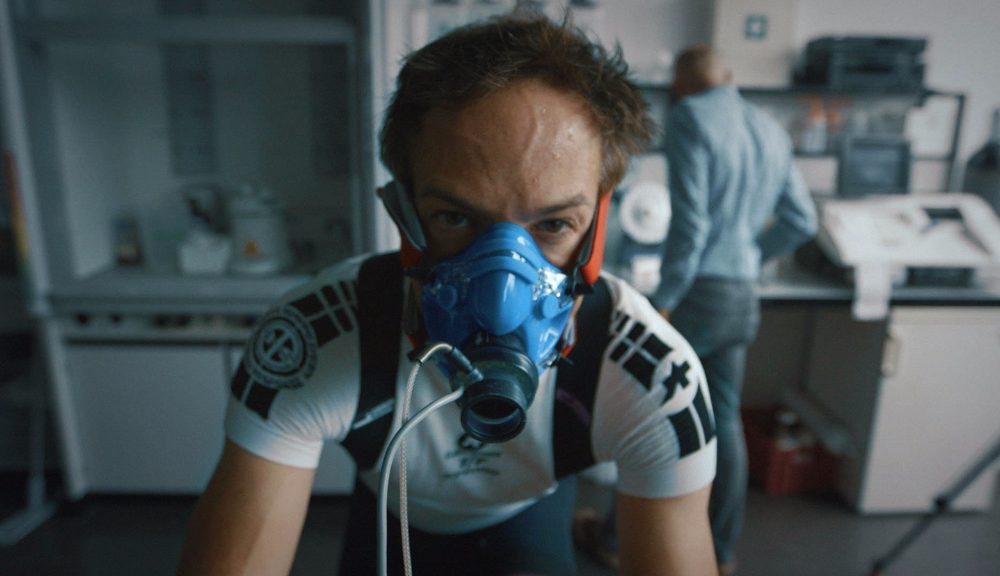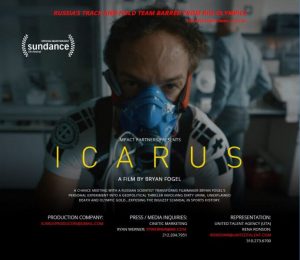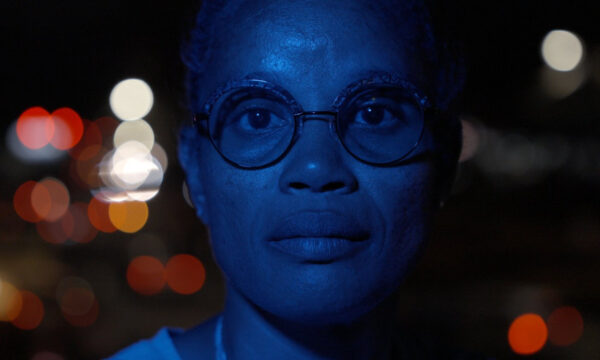Icarus

The documentary Icarus is centred on Dr Grigory Rodchenkov, who was the head of an anti-doping facility in Russia. Because of certain events he became an Edward Snowden-like figure, making the choice to blow the whistle against the state-endorsed drug taking of Russian athletes. Director and cyclist Bryan Fogel presents him as a shady character, willing to help Fogel himself dope to perform better in an amateur bike race.
An intense watch, this film becomes an exposé about the corruption seen in the Russian sporting world, authorised from the very top. There is, though, a slow build to the central narrative. The intrigue of the second plotline outweighs the need for the first, that of Fogel doping himself. However, the purpose of the first part is necessary to see the relationship develop between the cyclist and the scientist, and the forming of a friendship. They bond over a mutual love of dogs through their Skype talks, which leads on to the filmmaker being a central support for Rodchenkov during his time of crisis.
Icarus hits its stride when Russia is accused of drug taking and becomes riveting when focused on the doctor and his situation. He is portrayed as a loveble, funny person hence why he becomes central to the narrative. The score adds to the atmosphere of this being a spy thriller, along with the fear that surrounds the KGB acting in Russia’s interest. After watching this it seems alarming that the country’s athletes were permitted to take part in the Rio de Janeiro Olympics, when the evidence displayed here is so compelling.
This is an important film that works to clarify the murky waters that surround the Russian allegations of 2016. It puts the topic on a personal level, allowing the audience to have a new view on the biggest sporting scandals in history.
Manisha Sondhi
Icarus does not have a UK release date yet.
For further information about Sundance London 2017 visit here.
Read more reviews from the festival here.





















Facebook
Twitter
Instagram
YouTube
RSS